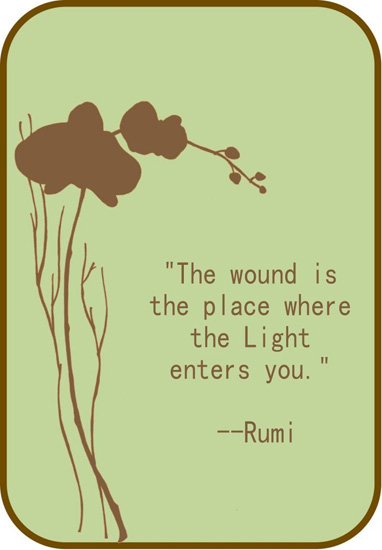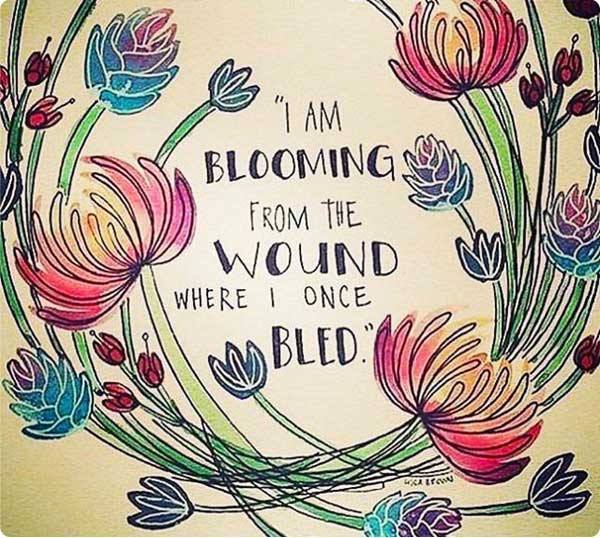Oncology Massage Therapy
 More than 1.5 million new cases of cancer occur in the US alone each year. In increasing numbers, people with cancer and cancer histories seek out massage for support, symptom relief, corrective touch, and healing.
More than 1.5 million new cases of cancer occur in the US alone each year. In increasing numbers, people with cancer and cancer histories seek out massage for support, symptom relief, corrective touch, and healing.
Oncology massage is bodywork that has been specifically adapted to meet the needs of the cancer patient, taking into consideration the levels of pain, fatigue, decline in blood counts, neuropathy, lymphedema risks and the emotional and mental impact the cancer journey has on the patient.
On an emotional level it can provide the patient with a sense of comforting touch that can help to restore confidence, give them a space to be without fear or judgment and, most importantly, to be treated as a whole person. The goal of oncology massage is to enhance the patient’s natural healing abilities by providing a gentle, soothing, supportive touch.
IS MASSAGE SAFE WHEN YOU HAVE CANCER?
Performed by a massage therapist trained in oncology massage, massage for cancer patients is considered safe. Trained therapists are knowledgeable in the complications that can arise from cancer treatments and is therefore able to adapt the massage session accordingly during phases of chemotherapy, radiation and pre/post surgery.
Review of the scientific literature indicates oncology massage helps improve quality of life. Benefits include improved relaxation, sleep, and immune function as well as relieving anxiety, pain, fatigue and nausea. Oncology massage therapists are trained to meet people where they are in their experience with cancer and apply a highly individualized massage treatment to comfort, nurture and support them in their process.
Shauna is a certified oncology massage therapist trained by Tracy Walton. Tracy Walton’s Oncology Massage Certification Course is recognized by the Society for Oncology Massage as an approved educational provider. Shauna is also certified in manual lymphatic drainage by Klose Training.
IS ONCOLOGY MASSAGE DIFFERENT FROM A “REGULAR MASSAGE”?
An oncology massage session may or may not resemble massages you’ve enjoyed prior to your diagnosis. Such differences might include:
▪ A detailed intake form with your treatment history, side effects you may be experiencing, and any current concerns your physician may have.
▪ A shorter session and/or lighter pressure than you may be used to, particularly if you have had lymph nodes removed or irradiated, so as to avoid triggering lymphedema or pressure adjustments due to bone involvement.
▪ Positioning modifications that take into account any surgical or radiation sites, any bone involvement, or any medical devices you may currently be wearing.
▪ Various techniques used to specifically address any concerns you may have on the particular day (i.e. nausea, pain, depression, fatigue, etc.).
A massage plan will be customized just for you using sound clinical judgment, and always with your needs and goals in mind during each visit. Most importantly, I will work safely and effectively on those with cancer and cancer histories.
